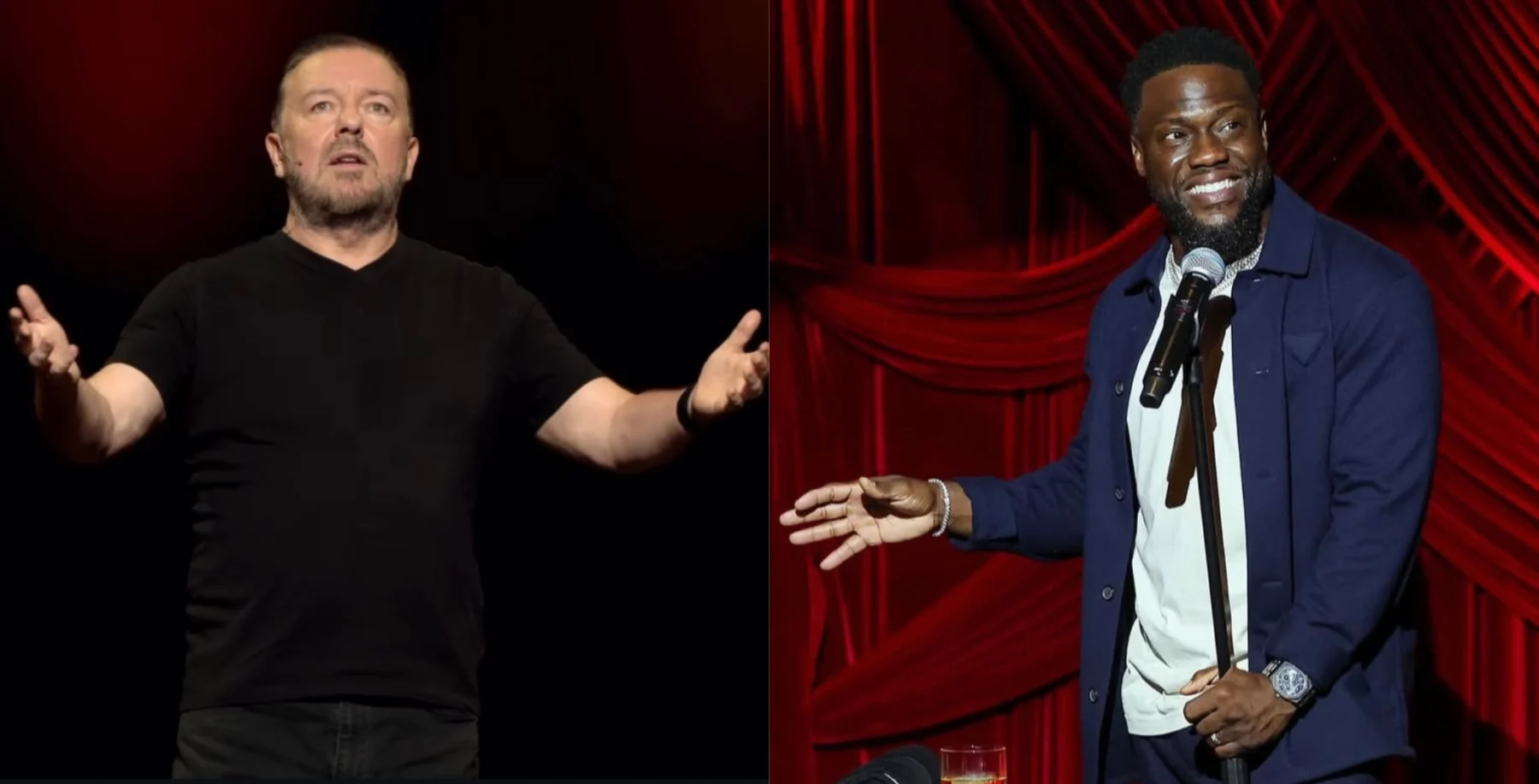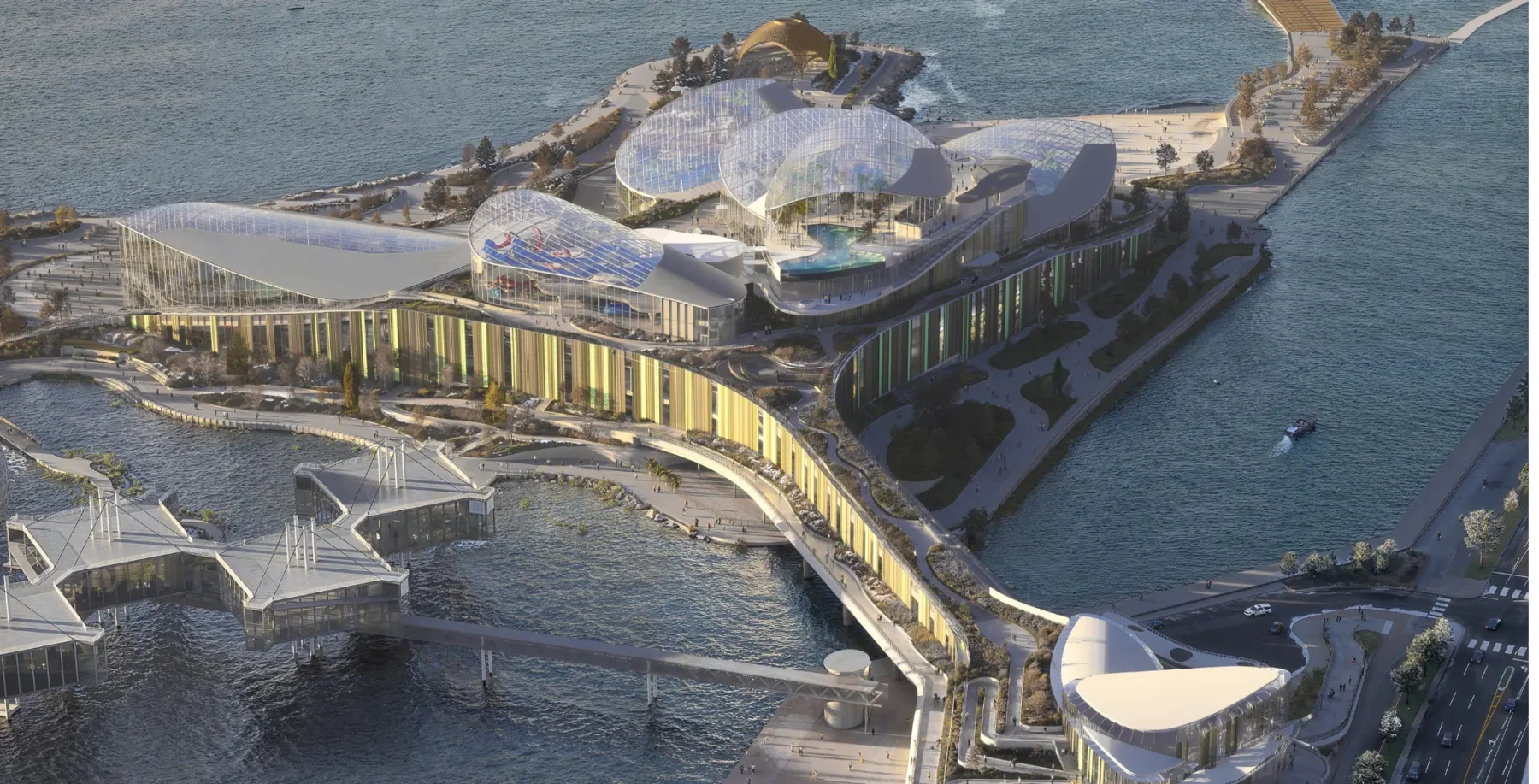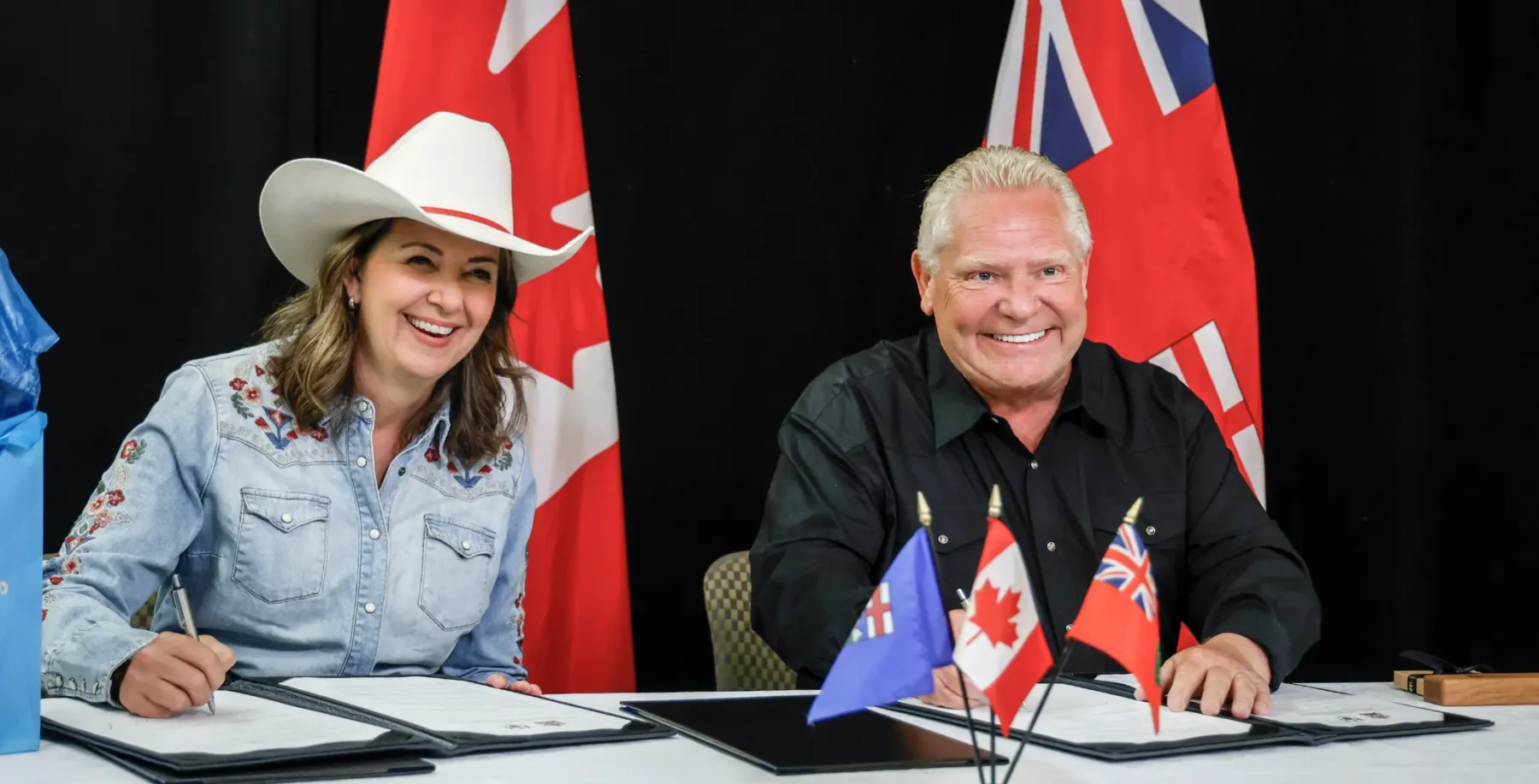
Goodbye, paleo diet hello, climatarians and reducetarians
The New York Times recently talked up “climatarian” as a top new food term to describe anyone whose prime dietary goal is reversing climate change by eating local foods, less red meat and limiting food waste. Carbon counters or not, the surging popularity of veganism and part-time vegetarians known as “flexitarians” or “reducetarians” is also giving the climate a boost. Even hardcore meat eaters are eating less meat, and formerly foie-gras–loving chefs are making plants their star ingredients of 2016. If the number of celebs signing up to go vegan for January is any indication (see veganuary.com), chopping out greenhouse gas emissions at dinner should be big this year.
Welcome to the circular economy
Get ready to hear a lot more about this now that Ontario’s introduced a draft Waste Free Ontario Strategy, which it suggests “provides a road map for Ontario to transition to a province that produces zero waste and zero greenhouse gas pollution from waste.” The Libs want businesses to design long-lasting, reusable, more easily recycled products and commit to innovative techniques to boost Ontario’s sagging recycling rates. Stay tuned.
Home for sale: $650,000 + energy retrofit bill
If you’re shopping for a new home or own one already, you know most of this city’s poorly insulated housing stock is leaking energy like a sieve. The old Harper government cancelled our national home energy retrofit program, but Toronto was wise enough to fill the gap. The cool thing about this is that it’s not a tax rebate that only the wealthier can afford but a low-interest loan that you pay back on your property tax bills. Since the loan is attached to the property, that means a buyer assumes the costs (and benefits). That also means you should start seeing houses for sale with retrofit bills folded into the fine print.

We’ll have the Ontario-grown shrimp, please
Expect consumer demand for pioneering Ontario-grown shrimp to keep soaring (they’re now in select high-end restaurants) after a string of reports of slavery on Thai shrimp farms. We’ll also see more Marine Stewardship Council (MSC) certification at seafood counters as well as on menus. According to the MSC, 78 per cent of Canadian fisheries are either already MSC-certified (like Canadian Atlantic lobster and BC halibut) or making moves to get certified. MSC is sometimes slagged for being too permissive, but it’s still considered the best certifier out there.

It’s the carbon budget, stupid
Paris climate negotiators may have avoided use of this hot-potato term, but if the world is going to limit itself to 1.5, max 2° warming, there’s only so much carbon we can burn. Paris didn’t try to figure out how to divvy it up, but expect carbon budgets to be a topic of political conversation, especially closer to home, as more provinces take on cap and trade schemes and Alberta figures out how it’s going to allocate its oil reserves in the tar sands with a 100 mega-tonne cap. Insiders like Ontario Environment and Climate Change Minister Glenn Murray suggests that an effective national carbon reduction target and pricing policy means getting frank about Canada’s carbon budget in 2016.
Watch out for the new climate change denialism
This one’s got nothing to do with American-style Tea Partiers who bash climate science. Rather, it’s the idea that renewable sources can’t meet our energy needs and that ramping up expensive nuclear power is the way to save the day, according to Harvard history of science prof Naomi Oreskes. The notion is already alive and well in Ontario, where a massive $11 billion refurbishing of Darlington is in the works, even though importing more hydro from Quebec and integrating made-in-Ontario green energy would get us to 100 per cent renewable, argues the Ontario Clean Air Alliance. Bet on anti-nuke campaigns heating up to combat the spread of nuclear power as more nations decarbonize.
Keep your eye on the pipelines
Enbridge may have avoided making a splash with the fact that Line 9 started carrying tar sands crude back in early December, but activists certainly have. So far, pipeline foes have carried out two actions along the line at valve sites near Montreal and Sarnia to draw attention to the risks to land and water. We can safely assume the coalition of 80 groups calling on PM Justin Trudeau to halt Line 9 will continue to make noise in 2016, and the volume will get cranked up even higher against Energy East. Greenpeace is prepping for that fight by launching a country-wide training program to grow the grassroots climate movement and shut down extreme oil infrastructure projects.

Warning labels on toxic products, maybe
Back before she was elected, Ontario Premier Kathleen Wynne said a Liberal government would consider enacting regulations requiring disclosure when a product contains an ingredient that’s considered toxic, but so far nothing. It would certainly be a natural fit under Ontario’s Toxic Use Reduction Act. Meanwhile, Environmental Defence is ratcheting up public pressure to get a California-style warning label on goods with ingredients known to cause cancer, birth defects and other reproductive harm. The Canadian Cancer Society backs the idea. Get ready to make 2016 a deeper, healthier shade of green.
ecoholic@nowtoronto.com | @ecoholicnation












